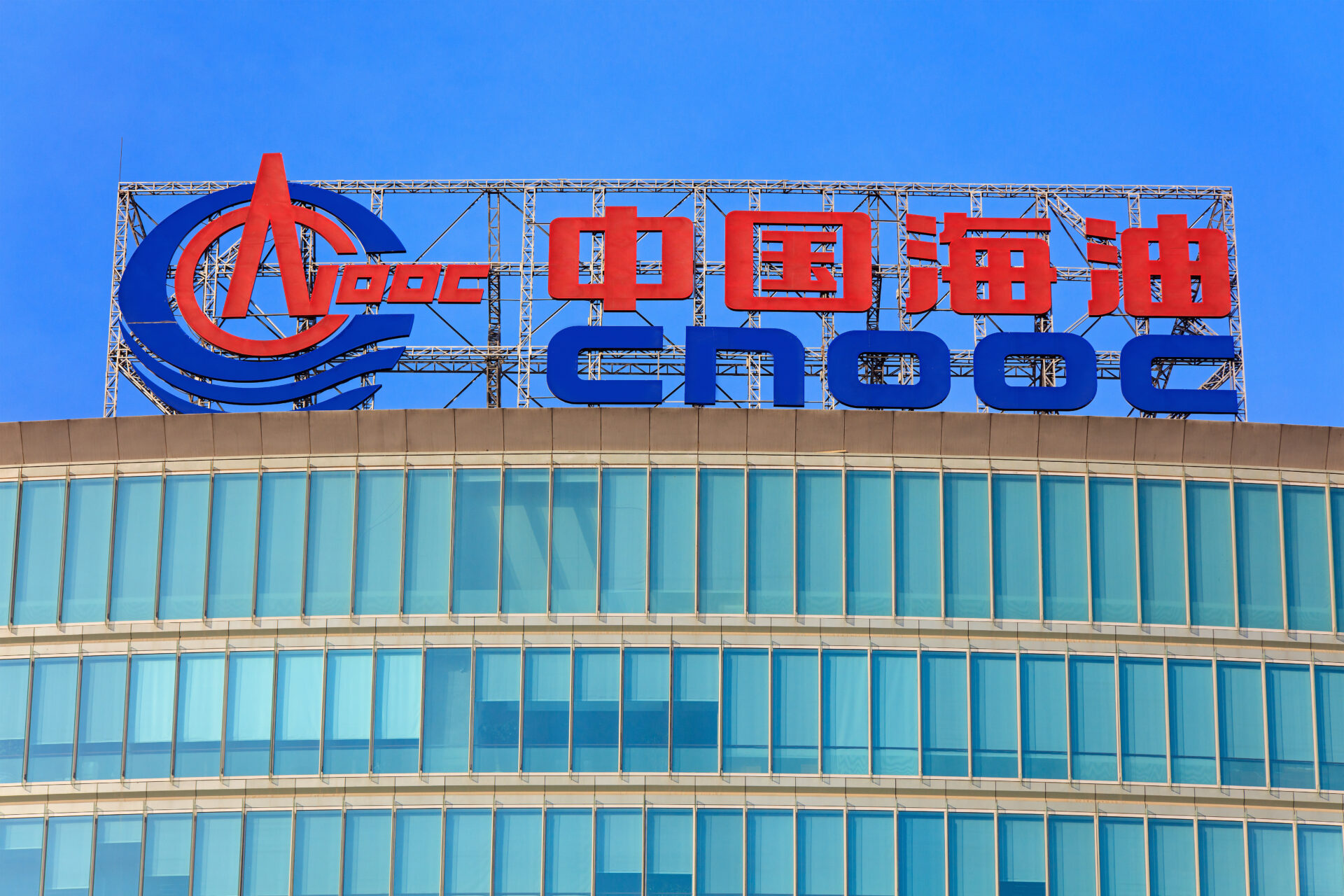
“Freedom or Fallout?” – Can Schools Compete?
New Hampshire has become the first state in the Northeast to adopt universal school choice, allowing all families to direct education funds toward options beyond public schools.
At a Glance
- New Hampshire is now the 17th state in America to enact universal school choice
- Governor Kelly Ayotte signed legislation removing income restrictions from Education Freedom Accounts
- Families can receive at least $4,265 per child for private school tuition or other educational expenses
- The average EFA award ($5,100) is significantly less than New Hampshire’s per-pupil public school spending ($26,320)
- The program has reportedly saved taxpayers over $266 million in the last five years
New Hampshire Expands Educational Freedom
New Hampshire has established itself as a pioneer in educational choice with Governor Kelly Ayotte signing legislation that makes the state the first in the Northeast to offer universal school choice. The expanded Education Freedom Account (EFA) program removes previous income eligibility restrictions, allowing any New Hampshire family to receive at least $4,265 per child annually for educational expenses outside the public school system.
These funds can be used for private school tuition, tutoring, homeschooling materials, and other approved educational costs, giving parents unprecedented flexibility in tailoring their children’s education.
“We should give each child the opportunity to be in the education setting that allows them to reach his or her full potential.”, said Governor Kelly Ayotte.
Financial Impact and Program Details
The expansion maintains priority status for low-income students, children with disabilities, and existing program participants. Currently, about 5,600 students participate in the program, receiving an average award of $5,100 – a figure that stands in stark contrast to the $26,320 spent per student in New Hampshire’s public schools. Supporters highlight that this significant cost difference has generated substantial savings for taxpayers, with reports indicating over $266 million saved during the past five years. The newly expanded program will initially cap enrollment at 10,000 students but includes provisions for growth.
The legislation passed along party lines in the Republican-controlled legislature, with Democrats opposing the measure. Critics have voiced concerns about fiscal responsibility and potential negative impacts on public education funding. Religious schools have thus far been the primary beneficiaries of the existing program, a trend that may continue with the expansion. Some observers have noted that the final version of the bill implements broader changes than what Governor Ayotte initially proposed during her campaign.
Public Education Spending vs. Performance
Proponents of universal school choice point to concerning trends in New Hampshire’s public education system as justification for expanding alternatives. Despite a 45% increase in public school spending between 2001 and 2024, student enrollment has decreased by 26% during the same period. More troubling for education officials is that student achievement scores have declined despite the substantial increase in funding. These statistics have fueled arguments that the traditional public education model requires competition to drive improvement.
“Every single EFA dollar is audited and publicly available. While local school budgets continue to grow and grow, the EFA program has saved the taxpayers over $266 million in the last five years. Expanding EFAs means more educational opportunities, greater accountability, and stronger outcomes for students.”, stated New Hampshire State Representative Valerie McDonnell.
Expanding Educational Choice Nationwide
New Hampshire’s adoption of universal school choice reflects a growing national movement, with the Granite State becoming the 17th in the nation to implement such a program. The expansion comes as debates over educational quality, parental rights, and fiscal responsibility intensify across the country. Advocates maintain that empowering parents with educational choices creates natural accountability mechanisms that benefit all students, regardless of which educational path they pursue. They argue that competition for students will ultimately drive improvements across all educational settings.
The new law represents a significant policy shift for the Northeast region, where traditional public education models have historically dominated. As implementation begins, education officials, policymakers, and families will be closely monitoring the program’s impact on student outcomes, public school enrollment patterns, and the state’s educational landscape as a whole. The results could significantly influence school choice debates in neighboring states and across the nation.


